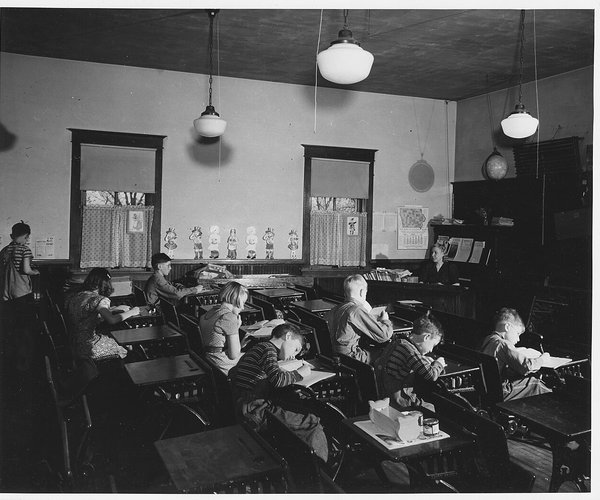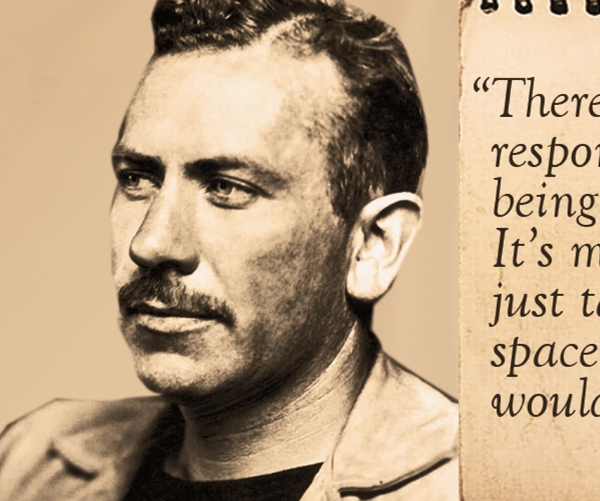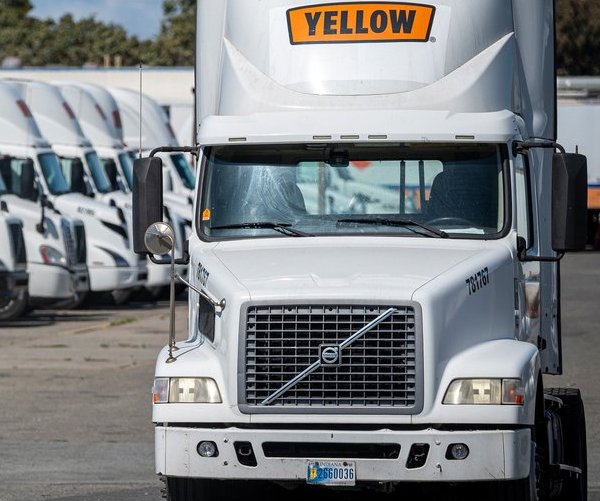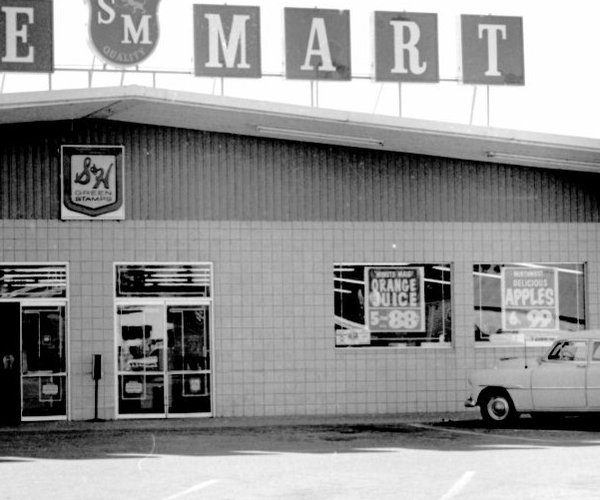It is one of the biggest lies of the 21st century.
The government, along with corporations, has repeatedly assured consumers what they place in blue recycling carts that are collected and hauled away is being just that — recycled.
Far from it.
Data from CalRecyle indicates that on a daily basis California collective buries12,000 tons of plastic in landfills. That’s enough to fill 210 Olympic-sized swimming pools each and every da.
Corporations, of course, tout how they use recyclable containers to appeal to the strong green streak embraced — at least in words although not necessarily holistically — by consumers whose dollars they want to snare.
And government — specifically self-serving politicians who pass laws proclaiming a problem is being addressed but never follow through until such time the solution they touted blows up in their face — files lawsuits to blame everyone else for failing but themselves.
Such a strategy is reflected in the latest flurry of lawsuits.
Attorney General Ron Bonta has sued Exxon while Los Angeles County has sued PepsiCola and CocaCola for lying about the fact plastic is being recycled.
What about Sacramento, that lies not just by claiming it is a world leader in environmental justice but implements laws that take aim at greenhouse gas emissions et al beyond state borders, suing itself?
State officials for years were bragging about landfill diversion rates and recyclables actually being recycled.
That big lie was exposed when China stopped importing what essentially was America’s garbage in 2018.
California turned a blind eye to the fact the state was a willing partner in making global plastic pollution a bigger problem.
They tallied shipping container after shipping container sent across the Pacific Ocean as a green win.
In reality, not only were the recyclables severely contaminated with good old fashioned trash, but they were helping environmental disasters across the globe.
Not only what was being recycled was done using processes producing significantly more greenhouse gas emissions than domestic firms doing the same thing, but mountains of garbage laced with plastics not being recycled were rising on foreign soil with large chunk s making it into waterways and the oceans.
Suing is a nice way to divert attention from recycling fraud perpetuated by Sacramento.
Instead of tweaking rules and regulations until technology caught up with improving the processes of recycling various materials to make it feasible for in-state concerns to do much more recycling, the state made it impossible to do so.
In short, California has been complicit in shipping recyclable trash elsewhere.
As for the claim Pepsi et al are misleading the public about plastic bottles being recycled into more plastic bottles, it takes two to tango.
If the state did not know from day one that was the case based on science, then they are a bunch of idiots.
You can put all the words you want on paper and pass a law dictating there will be an “X” amount of landfill diversion regarding various materials, but that makes it neither possible or practical to do so.
Instead of doubling down, perhaps the state might want to hit pause and rethink their broad strategy.
This is no different than electric vehicles.
The state — just like the federal government is trying to do in mimicking California — preordained EVs as the winner in the zero emissions technology race compared to hydrogen.
As such, tons of federal resources were poured into making EVs “the winner” — from federal grants to state and federal tax credits — as opposed to hydrogen.
Yes, the Biden administration recently awarded grants to help boost hydrogen research.
It was a sound move but it comes after years of the government pouring billions into EVs after the government — and not technology and the market — decided that was the best solution.
The same thing has happened with plastic.
And while plastic is so pervasive in products reducing its use is. Herculean task, inroads can be made in large degrees in packaging.
Currently, the favored online retail industry was using 2.1 billion pounds of plastic in 2022 on a global basis to ship products to buyers, That number is expected to double by 2025.
Efforts to ban the use of plastic packaging to ship online purchases have repeatedly failed in the California Legislature even though a much easy material to recycle — paper/cardboard — is easily available.
And arguably the highest profile use of plastic — containers for soft drinks and other beverages — could be replaced by glass.
Glass was used almost exclusively for such purposes until Pepsi made the switch to plastic in 1978.
Unlike plastic, glass can continually be recycled.
Plastic bottles et al are “downcycled” meaning they are converted into lesser quality plastics due to physical and technological constraints.
California is trying to force the technology along to the point that by 2032 the plastic used in soda bottles et al needs to be from 60 percent recycled plastic as opposed to the virtually 100 percent virgin resin used today.
Not only is virgin resin less expensive than recycling plastic but it is more expensive.
That said, the state — which has complete confidence in mandating only the sale of zero emissions vehicles by 2035 — clearly doesn’t believe even its huffing and puffing can’t make plastic bottles made from 100 percent recycled plastic feasible.
Yes, there are drawbacks to glass.
A bottle that holds two fluid ounces weighs 0.023 ounces made out of plastic and 0.177 ounces made out of glass.
That makes it more costly to ship.
There is also the handle with care factor as glass is more breakable.
Glass also takes more energy in the recycling process.
That concern, however, would be mitigated by the mandate to use non-fossil fuels to generate electricity. Certainly cleaner and more environmentally appropriate recycling has more societal benefits for consuming clean energy than the pursuit of greed in the manufacture of cryptocurrency.
Silica sand needed to produce glass is also the second highest natural commodity in demand after water. But effective recycling programs can negate that concern.
Europe, as an example, recycles 76 percent of its glass containers as opposed to 41 percent for plastic.
But here’s the big rub when it comes to the most damaging environmental aspects of beverage containers and such.
Glass does not create micro plastics that are growing more prevalent in the oceans and in our drinking water.
Nor does it leach bisphenol A (BPA), a synthetic organic compound use in the manufacture of the epoxy resin in plastic bottles that has raised toxicity concerns.
To be clear, replacing glass bottles with plastic bottles may not be the right solution.
But what makes no sense is for government in California, whether it it’s at the state or local level, suing corporations for creating impressions regarding the effectiveness of recycling plastic given government’s complicity in promoting the misleading messaging.
This column is the opinion of editor, Dennis Wyatt, and does not necessarily represent the opinions of The Bulletin or 209 Multimedia. He can be reached at dwyatt@mantecabulletin.com






